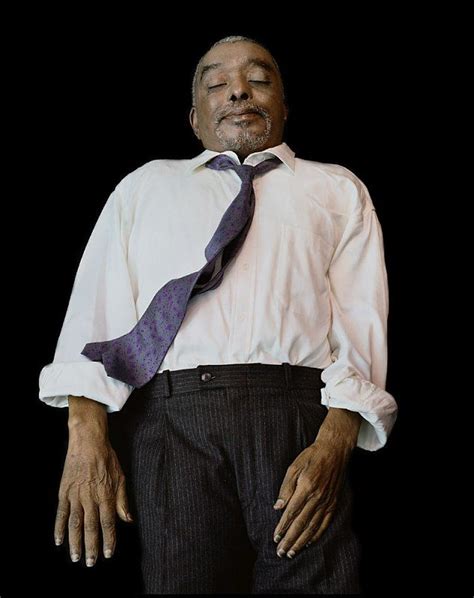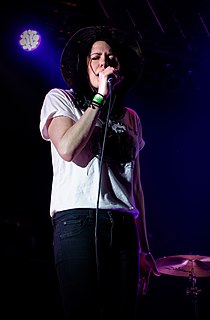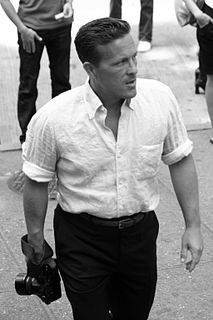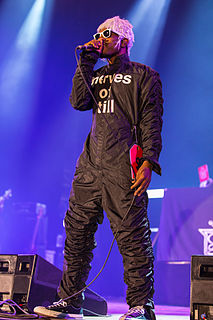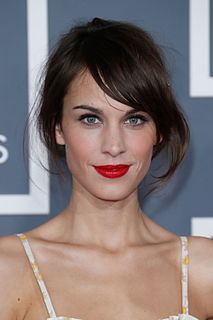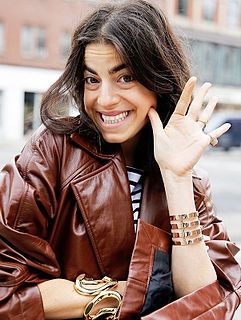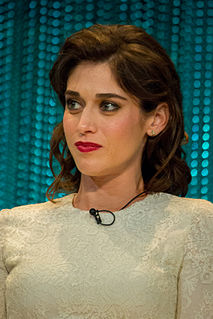A Quote by Luke Evans
The Sixties was all about style and a certain look. But what was interesting about 1963 was that it was pre-Beatles, so the clothes of that time, especially the suits, were very different from the clothes post-Beatlemania.
Related Quotes
I don't think the role of style is different for a woman of any age. Style, to me, is about experimenting with what gives you pleasure, a joyous expression of imagination. I emphasize joyous because too much is written about fashion that takes the pleasure away - clothes that make you look thinner or clothes that make you look younger or, horrors, clothes that make other people envy you or that - double horrors - are "age appropriate".
I think in Japan I think there is a lot of style and a lot of subcultures, but it will be interesting to see how much of them... how much of the people wearing those clothes are really expressing something about who they are or who they want to be and it will be very interesting to see, especially once you get there, once you get to a certain city like in Stockholm you really get to know the people a little bit and what they're saying through their clothes. It's more... To me I think it's much more interesting than just the clothes they're wearing or the length of the skirt.
I was so aware of the stage clothes versus the everyday-life clothes, and the extremeness of the stage clothes that my parents had designed. Even coming across my dad's old Beatles suits from Savile Row and the history attached to them - the masculinity and simplicity compared to the '70s glitz and glamour of Wings.
Fashion museums think the more you know about the significance of clothes culturally, the more interesting they are. We certainly don't neglect the aesthetic aspects of clothes. But, I feel that what sets us apart from social, economic, and even aesthetic, or art historical context is that we are not only talking about clothes as kind of art objects created by an artist designer, but also we're talking about the various meanings that clothes have in the world, and how that changes and how we kind of create meanings around clothes.
If you think too much about nudity, it can be anxiety-provoking because it lives on the internet forever. I've only taken my clothes off on that one other show, and yet, if you were to Google Image me, it would seem like I do this all the time. As an actress - and as an actor, too, but it's worse for actresses - you constantly get picked apart for how you look. Obviously, being picked apart with your clothes on is slightly less terrifying than when your clothes are off.

